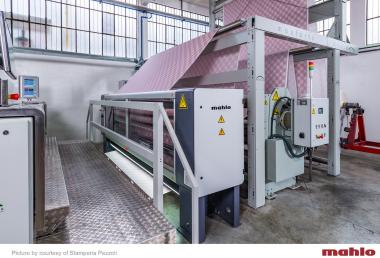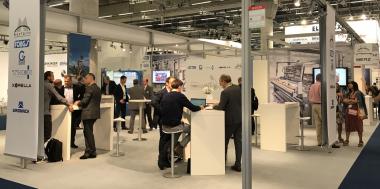Italian Textile Machinery at ITME Africa 2023
A delegation of 12 Italian textile machinery manufacturers will be on hand at the ITME Africa trade show, to be held in Nairobi (Kenya) from November 30th to December 2nd 2023. These Italian companies will be exhibiting at the Italian Pavilion, organized by ACIMIT, the Association of Italian Textile Machinery Manufacturers, and by the Italian Trade Agency.
Kenya’s economy is among the most dynamic in sub-Saharan Africa, with annual GDP growth rates of around 6%. Its textile and garments industry ranks among the Country’s leading economic revenue sources, and is supported by government programs aimed at sustaining growth, as well as international agreements, such as the Economic Partnership Agreement (EPA) between the European Union and Kenya, currently in the process of ratification.
The total value of Kenya’s imports of textile machinery reached Euros 24 million in 2022. In the future, demand from local companies will mainly focus on high-end and medium to high-end technology, thus allowing Italian manufacturers to strengthen their market share in Kenya. Currently, Italian imports amount to approximately 4% of total imported machinery technology, for a value of roughly Euros 900 thousands in 2022.
Among the 12 Italian exhibitors the following ones are ACIMIT associated members: Biancalani, Bianco; Danitech, Ferraro, Lgl, Mei, Monti Antonio, Reggiani Macchine, Savio, Stalam and Tomsic.
ACIMIT















